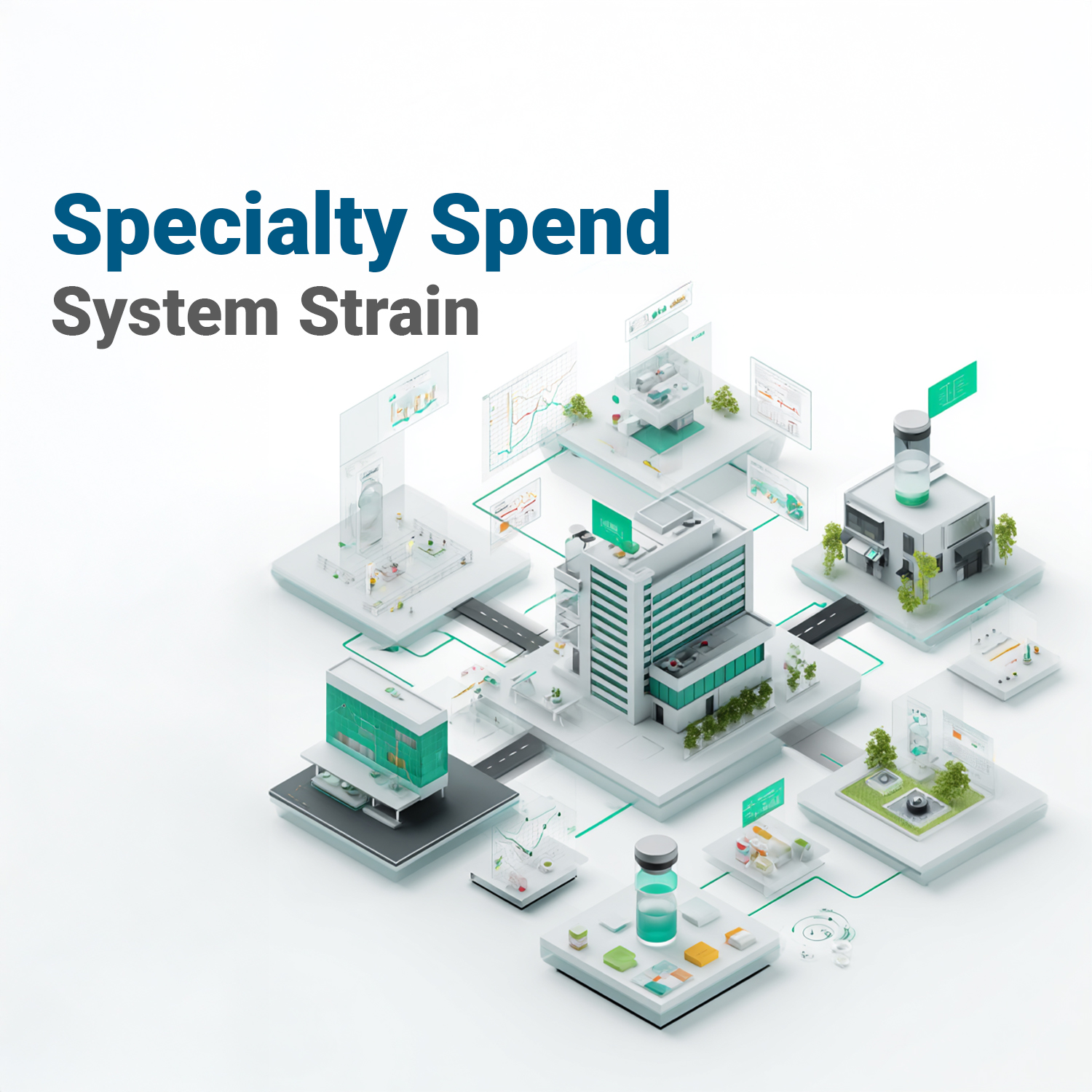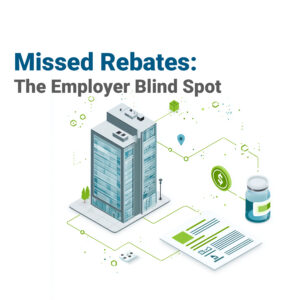The specialty drug market continues to evolve—and quickly. The latest 2025 reports from Pharmaceutical Strategies Group (PSG) reveal notable shifts in both utilization and cost trends for specialty therapies, with significant implications for payers, providers, and rebate stakeholders.
At VativoRx, we believe these updates aren’t just interesting—they’re actionable. Below, we unpack key insights from the reports and explore what they mean from a medical and pharmacy rebate perspective.
Trends Driving Rebate Opportunity
PSG’s 2025 Trends in Specialty Drug Benefits Report and State of Specialty Spend and Trend Report both point to accelerating specialty drug spend. Employers, health plans, and other risk-bearing entities continue to name cost containment as their top concern. However, according to the data:
- 38% of plan sponsors cite medical benefit management as their greatest challenge.
- 78% are still managing specialty drug costs in silos—dividing medical and pharmacy strategies.
- The average cost of specialty therapy increased 11% year-over-year, with oncology, immunology, and gene therapy contributing to that rise.
But here’s what often gets missed in the discussion: Rebates exist on both sides—medical and pharmacy. And when managed strategically, they can become a meaningful lever in managing trend.
The Shift Toward Strategic Rebate Management
While traditional rebate strategies have focused primarily on pharmacy claims, the medical benefit space is gaining ground. PSG’s reporting highlights increasing awareness of this opportunity, but execution still lags behind.
At VativoRx, our rebate management platform is purpose-built to close that gap—helping organizations capture hidden value on medical claims, especially for infused and physician-administered therapies.
Strategic Rebate Management means:
- Aligning pharmacy and medical rebate insights
- Submitting clean, compliant claims to manufacturers
- Maximizing eligibility through formulary and billing support
- Turning retrospective rebates into forward-looking strategy
In other words, we’re not just chasing dollars—we’re building rebate intelligence into the way organizations plan, bill, and evaluate performance.
Why It Matters Now
The 2025 PSG reports signal an urgent need to modernize drug benefit design. With specialty spend rising and medical drug oversight often fragmented, there’s a real risk of leaving money on the table.
As rebates grow in complexity—often tied to clinical pathways, site of care, or utilization management—organizations need a partner who can bring together the analytics, audit support, and policy navigation to make them work.
Whether you’re a health plan, provider group, or TPA, the message is clear: it’s time to treat rebate management as a strategic advantage, not an afterthought.
Get the Full Reports
VativoRx recommends reviewing the full data sets and analysis from PSG to better understand where the market is heading:
📥 2025 Trends in Specialty Drug Benefits
📥 2025 State of Specialty Spend and Trend
Let’s Talk Rebates
If you’re ready to turn insight into action, our team is here to help. Whether you’re exploring medical rebate management for the first time or looking to optimize an existing program, we’d love to start a conversation.
Contact us to learn how Strategic Rebate Management can work for you.
This article references findings from publicly available reports published by Pharmaceutical Strategies Group (PSG). VativoRx is not affiliated with, nor endorsed by PSG. All data and insights remain the intellectual property of their respective authors. This content is provided for informational purposes only and does not constitute financial or clinical advice.






